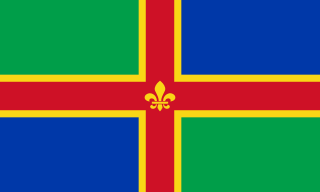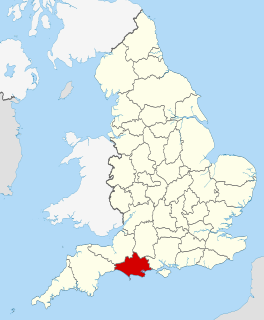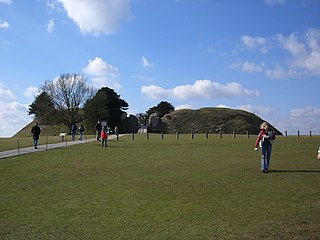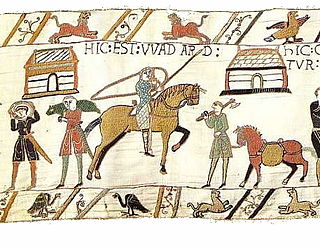John de Bayeux or de Baiocis (died 1249), was an English justice itinerant.
An eyre or iter was the name of a circuit traveled by an itinerant justice in medieval England, or the circuit court over which they presided, or the right of the monarch to visit and inspect the holdings of any vassal. The eyre involved visits and inspections at irregular intervals of the houses of vassals in the kingdom. The term is derived from Old French erre, from Latin iter ("journey"), and is cognate with errand and errant.
John was a son of Hugh de Baiocis, a Lincolnshire baron, by Alienora his wife. He had property in Bristol and Dorset, but in 16 and 17 John forfeited it on outlawry for murder. In 1218 he paid a relief of £100 and took possession of the family estates in Lincolnshire, and in the same year was judge itinerant for the counties of Cornwall, Devon, Somerset, and Dorset, along with "J. Bathon. et Glascon. Episc.."

Lincolnshire is a county in eastern England, with a long coastline on the North Sea to the east. It borders Norfolk to the south east, Cambridgeshire to the south, Rutland to the south west, Leicestershire and Nottinghamshire to the west, South Yorkshire to the north west, and the East Riding of Yorkshire to the north. It also borders Northamptonshire in the south for just 20 yards (18 m), England's shortest county boundary. The county town is the city of Lincoln, where the county council has its headquarters.

Bristol is a city and county in South West England with a population of 459,300. The wider district has the 10th-largest population in England. The urban area population of 724,000 is the 8th-largest in the UK. The city borders North Somerset and South Gloucestershire, with the cities of Bath and Gloucester to the south-east and north-east, respectively. South Wales lies across the Severn estuary.

Dorset is a county in South West England on the English Channel coast. The ceremonial county comprises the unitary authority areas of Bournemouth, Christchurch and Poole and Dorset. Covering an area of 2,653 square kilometres (1,024 sq mi), Dorset borders Devon to the west, Somerset to the north-west, Wiltshire to the north-east, and Hampshire to the east. The county town is Dorchester which is in the south. After the reorganisation of local government in 1974 the county's border was extended eastward to incorporate the Hampshire towns of Bournemouth and Christchurch. Around half of the population lives in the South East Dorset conurbation, while the rest of the county is largely rural with a low population density.
The next year, an inquisition was held before the chief justice as to whether an appeal by Robert de Tillebroc against him, his mother, brother, and three others, was malicious. Nevertheless, in the great assizes of 1224–5, he was again itinerant justice in Dorset, and in the same year was also justice of forests and constable of the castle of Plympton. In 1234 he was charged with the homicide of Roger de Mubray, but on payment of 400 marks obtained leave to compound with the widow.
The courts of assize, or assizes, were periodic courts held around England and Wales until 1972, when together with the quarter sessions they were abolished by the Courts Act 1971 and replaced by a single permanent Crown Court. The assizes exercised both civil and criminal jurisdiction, though most of their work was on the criminal side. The assizes heard the most serious cases, which were committed to it by the quarter sessions, while the more minor offences were dealt with summarily by justices of the peace in petty sessions.

Plympton, or Plympton Maurice or Plympton St Maurice or Plympton St Mary or Plympton Erle, in south-western Devon, is a populous, north-eastern suburb of the city of Plymouth of which it officially became part, along with Plymstock, in 1967. It was an ancient stannary town: an important trading centre in the past for locally mined tin, and a former seaport.
Homicide is the act of one human killing another. A homicide requires only a volitional act by another person that results in death, and thus a homicide may result from accidental, reckless, or negligent acts even if there is no intent to cause harm. Homicides can be divided into many overlapping legal categories, including murder, manslaughter, justifiable homicide, killing in war, euthanasia, and capital punishment, depending on the circumstances of the death. These different types of homicides are often treated very differently in human societies; some are considered crimes, while others are permitted or even ordered by the legal system.
He died in 1249, leaving no male child, and his brother Stephen succeeded to his estates as heir.












